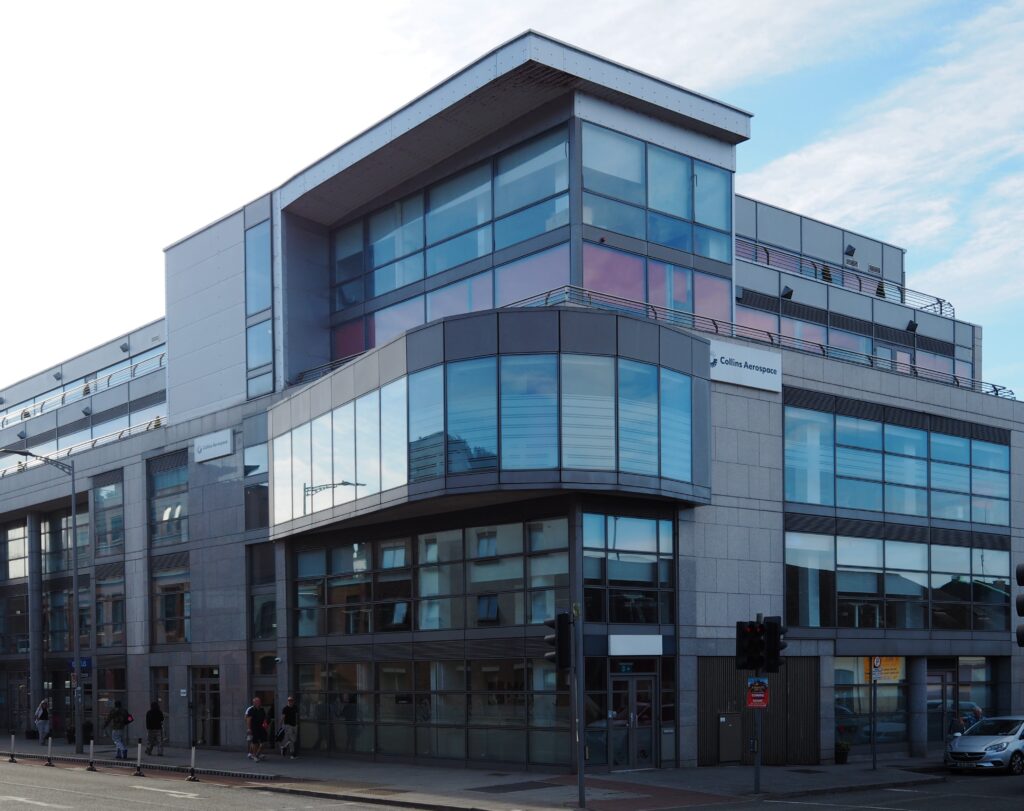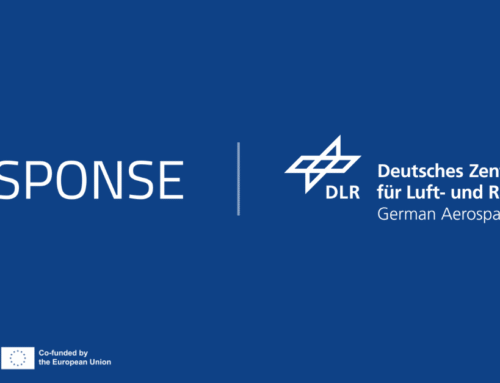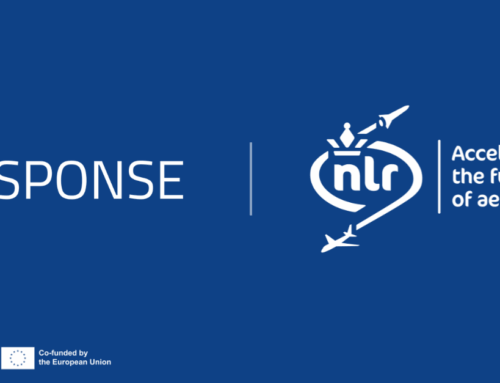Partner Spotlight: Collins Aerospace

About Collins Aerospace and their role in RESPONSE
Collins Aerospace, an RTX business, is a leader in technologically advanced and intelligent solutions for the global aerospace and defence industry. Collins Aerospace has the extensive capabilities, comprehensive portfolio and broad expertise to solve customers’ toughest challenges and to meet the demands of a rapidly evolving global market. In RESPONSE, Collins Aerospace is the Project Coordinator.
Regarding the technical implementation, the Autonomous Systems team, part of Collins Applied Research and Technology (ART) organization, is responsible for the development of a Safe Return to Land Concept of Operations (CONOPS).
In particular, the team is leading the effort to redefine the framework from the cockpit perspective, where several use cases including emergencies due to systems failures or pilot incapacitation, are considered for both Dual Pilot Operations (DPO) and Single Pilot Operations (SiPO).
As part of the new operating method proposed in RESPONSE, in order to support the workload reduction while maintaining the situational awareness, a pilot digital assistant is integrated in a highly automated aircraft concept to support the pilot(s) in the execution of the required tasks to perform a safe return to land, including the coordination with the air traffic control services and their respective assistants.
The team is also developing the digital assistant prototype that will be integrated in a flight simulator at CRIDA’s facilities as part of the safe return to land air-to-ground integrated demonstrator.
Current Research: CONOPS Evolution and Pilot Digital Assistant Development
As part of Work Package 2 (WP2) – Safe Return to Land CONOPS Evolution, and with the support of Deep Blue, after finalising the initial State of the Art analysis, the team is progressing on the definition of the different CONOPS from the aircraft perspective, identifying the role of the digital assistant in each scenario considered. Keeping a human centred design, several levels of automation have been defined based on the needs and assumptions for each CONOPS step, increasing the involvement of the assistant with the progression towards SiPO and its level of automation with the degradation of the pilot cognitive state in the case of incapacitation.
This way, the assistant behaviour will range from supporting with information acquisition and analysis in the early stages of the CONOPS evolution, to executing delegated tasks or implementing them automatically in the higher levels considered for the case of pilot incapacitation in SiPO, where the learning from Work Package 1 (WP1) – Pilot Incapacitation Transition Monitoring work will be incorporated to complete the concept definition.
The work was initiated by carrying out a goal directed task analysis focusing on specific aircraft failures and pilot incapacitation scenarios, enabling identification of the different types of actions that the pilot assistant performs in each CONOPS. This allowed to define the role of the Pilot Digital Assistant (PDA), and the subsequent Human-Autonomy Teaming (HAT) framework for the cockpit.
Regarding the air-to-ground integration, the team has collaborated with CRIDA and the Air Traffic Management (ATM) experts working in RESPONSE to identify the requirements for the communication between the aircraft and the Air Traffic Control (ATC) systems and ensure a successful integration and collaboration between the air and ground components.
Finally, the prototyping effort to implement a proof-of-concept prototype has been developed in parallel and coordination with the partners involved in Work Package 2. The demonstration exercise will be conducted at CRIDA facilities in Madrid between January and March 2026. Several representative operational scenarios have been selected and will support the validation of RESPONSE concept.
Contributing to advanced flight deck solutions
As Project Coordinator, Collins brings their strong capabilities in project management of collaborative projects successfully applied on managing medium and large projects within SESAR, Clean Aviation and Horizon Europe, with coordinator and participant roles, from multiple sites across Europe.
From a technical perspective, Collins team is responsible for leading the tasks related to the air side of the CONOPS definition and the cockpit assistant prototype implementation. The team brings their wide expertise in aircraft systems design, flight deck solutions and airborne operations, as well as expert knowledge in human factors, automation and AI applications to ensure that all the relevant factors are captured in the CONOPS definition, and that the new Human-Autonomy Teaming (HAT) framework and operating method proposed are aligned with the end users and industry expectations. Additionally, by leveraging the company’s technical capabilities to develop RESPONSE pilot digital assistant, which, once integrated with the ATC digital assistant, will be a key part of the future integrated air-to-ground demonstrator delivered to SESAR.
Research Challenges and Solutions
RESPONSE itself is a challenge. Being an exploratory research project, it has an ambitious scope to identify and bridge the gaps for the definition of the different steps of the CONOPS towards SiPO, and all the technologies that will be required to enable this type of operations, which translates into a significant number of dimensions to explore and analyse. Understanding all the pieces that contribute to shape the concept and its impact in areas ranging from technical limitations or impact on human factors, to safety and regulatory aspects to be revised, without forgetting to incorporate learnings from other projects and previous research activities.
To overcome this, the key is teamwork: we rely not only on our own team members and supporting subject matter experts, but also on our partners and the contributions from the stakeholders who collaborate with us as part of our Advisory Board. Being able to count on them is what makes us confidently say that RESPONSE will successfully deliver consistent results that will enable the future operations.
Impact on the Future of European Aviation
In the short term, the project results will serve to incubate technologies and operations in a more complex safe return to land demonstrator. In the medium and long term, the studies will directly contribute to the development of enablers for the next generation of flight deck solutions to first support pilot workload reduction and then full SiPO enabled cockpits.
RESPONSE will contribute to unlock the potential of higher automation in the cockpit by positively impacting safety, even with two pilots in the cockpit. Additionally, it will positively contribute to reduce pilot errors, thanks to the monitoring methods and workload reduction introduced by the new cockpit systems can help to prevent.



Leave A Comment